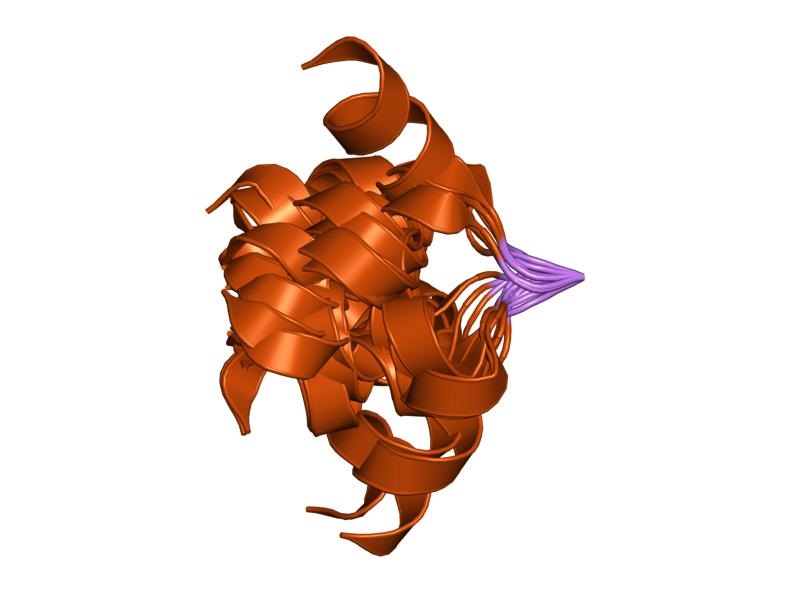A new study, published in the journal Molecular Psychiatry, has found a major link among anxiety disorders, testosterone, and the brain receptor Tachykinin receptor 3 (TACR3).
If you want some light reading, you can jump into the study, “Interplay between hippocampal TACR3 and systemic testosterone in regulating anxiety-associated synaptic plasticity.“
If you’d like a concise explanation on this site, sorry – as Jeff Probst would say – I’ve got nothing for you, as a trained-nothing.
BUT, if you’d like a wonderful breakdown of the study, read Judy Siegel-Itzkovich’s piece in the Jerusalem Post.
Re: the role of testosterone:
Knafo discovered male rodents exhibiting exceedingly high anxiety levels had notably lower levels of a specific receptor called TACR3 in their hippocampus. The hippocampus is a brain region closely associated with learning and memory processes. TACR3 is part of the tachykinin receptor family and responds to a substance known as neurokinin.
This observation aroused the researchers’ curiosity and was the basis for an in-depth investigation into the link between TACR3 deficiency, sex hormones, anxiety, and synaptic plasticity.
https://www.jpost.com/health-and-wellness/mind-and-spirit/article-783197
Continue reading more on the study…
… and take heart from this key take-away:
Importantly, the study revealed that deficiencies stemming from TACR3 inactivity could be efficiently rectified through testosterone administration, offering hope for novel approaches to cope with challenges related to anxiety associated with testosterone deficiency.
https://www.jpost.com/health-and-wellness/mind-and-spirit/article-783197
Now, if you’re a regular reader of this site, you know the drum I’m going to beat on here.
This is yet another of piece of the overwhelming evidence that mental health diseases are actually physical diseases and that they are not, absolutely not, a reflection of spirituality.
So no matter how technically challenging it is to read stuff like this for lay-lay-lay people like me, I’ll keep trying to post these studies because they’re not only of utmost importance for the potential, future relief of many, but also for the destigmatization of this condition in the church.
Find a psychiatrist here.
Find a therapist here.
[Photo: Public domain, By Jawahar Swaminathan and MSD staff at the European Bioinformatics Institute – http://www.ebi.ac.uk/pdbe-srv/view/images/entry/1myu600.png, displayed on http://www.ebi.ac.uk/pdbe-srv/view/entry/1myu/summary, Public Domain, https://commons.wikimedia.org/w/index.php?curid=5862064]

